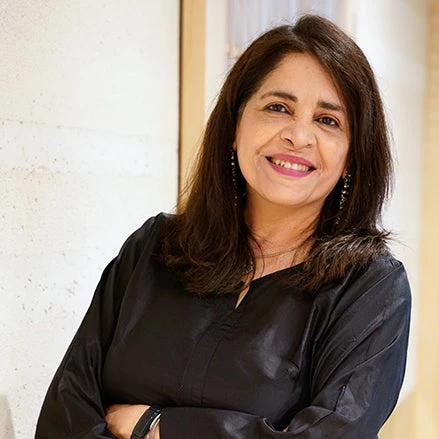
in Gode Town in Ethiopia. Credit: UNICEF Ethiopia
In the lead-in to World Toilet Day, we hear a great deal about the role of toilets in sanitation and in better health and human development outcomes. Toilets are good development. Period.
We hear less about the fact that toilets are often sites and instruments of social exclusion.
Let me explain.
Segregated toilets for males and females were intended to give women privacy and to respect the “intrinsic” physical differences between the sexes. In fact, in most developing countries, segregated toilets are a sine qua non for female participation in public spaces, in education and in employment.
But the story is more complex.
While working on The Rising Tide, our “thinking device” on water and gender, I came upon this fascinating piece by Terry Kogan in the Michigan Journal of Gender and Law. He argues that the origins of sex segregated public toilets were deeply gendered to start with. Yet segregated toilets are good in general, unless, in Kogan’s words,
- “you happen to be a wheelchair-user who needs the assistance of your opposite-sex partner in a public restroom facility.
- you happen to be a transsexual person dressed in accord with your gender identity who is prohibited from using the workplace restroom designated for the sex with which you identify.
- you happen to be a woman at a rock concert standing in a long line outside the restroom marked ‘Women,’ while no line exists outside the door marked ‘Men’.
- you happen to be a parent tending an opposite-sex, five year-old child when you or your child suddenly needs a public restroom.
- you happen to be an intersexed child, born with ambiguous genitals and/or reproductive organs, whose parents have decided (despite social pressure and pressure from the medical community) not to subject their child to surgery until the child can participate in that decision.”
Restricted access to toilets for some aside, they are also spaces that can keep historically excluded groups “in their place”, often rationalized by elaborate notions of purity and pollution. These notions are best known in South Asia, but are widely prevalent in many other parts of the world as well. For instance, J.J. Lawrence and colleagues document the taboo against using same toilets as in-laws, members of the opposite sex, or different generations within a family in some Zambian communities. Indeed, one of the most egregious ways in which toilets are used to assert an oppressive status quo is when only certain Dalit castes are assigned the task of cleaning them, thereby rendering both the cleaners and the toilets “impure”.
With the growing power of the erstwhile subaltern peoples, toilets are emerging as arenas for political assertion. Take the case of the United States, where the movement against segregated toilets is symbolic of the assertion of sexual minorities. This assertion is premised upon the fact that gender identity, not sex at birth, should determine individual choice. The backlash is equally vehement and has played out in the legal and social realms, with laws passed for and against segregated toilets. A more muted movement for the rights of domestic workers in many parts of the world advocates for their right to use toilets within the homes where they work – something that has historically been anathema. Take also the Dalit assertion in India that has rallied against the gruesome practice of manual scavenging, leading to its ultimate ban.
In sum, toilets are undoubtedly good for sanitation, health and women’s empowerment, but they can also be potent instruments for equality and inclusion. This can happen when policy is sensitive to the role of toilets as contested spaces and responds to the clamor of historically excluded groups against their potential tyranny.


Join the Conversation